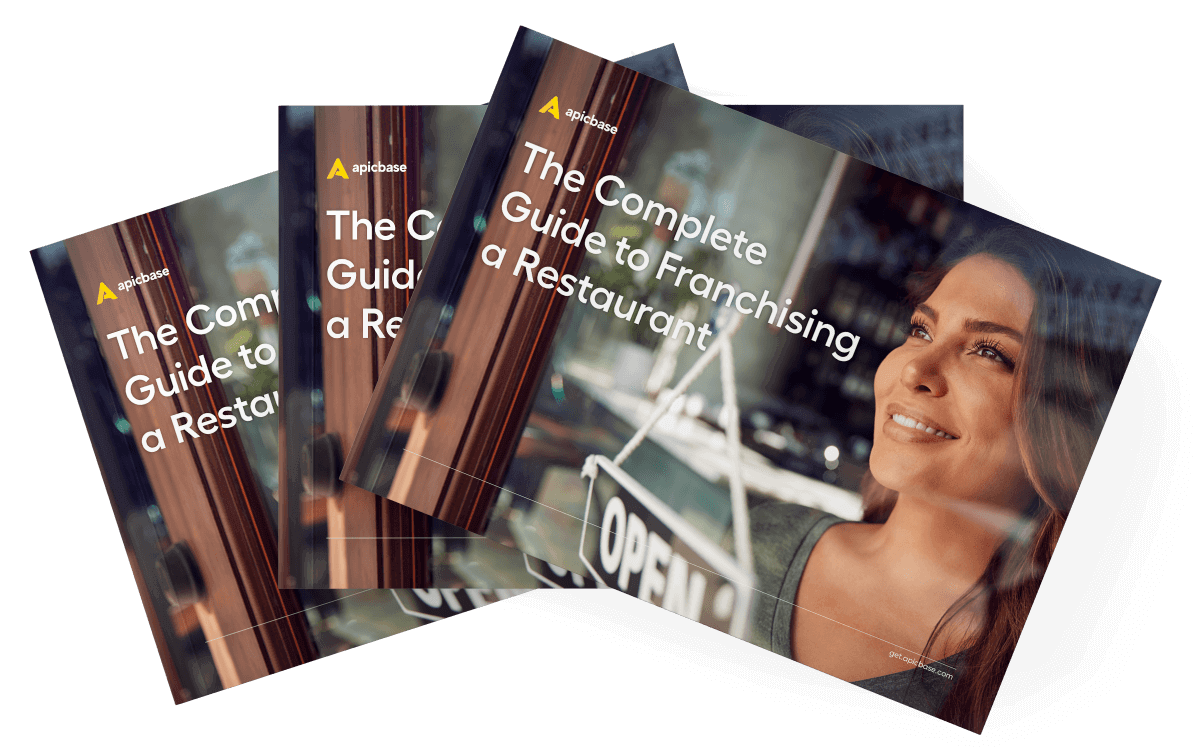Download now
Develop your franchise using a proven roadmap for franchisors.

Who is this guide for?
The playbook is for restaurants with a couple of company-owned locations in their portfolio.
This guide shows you how successful franchisors in the fast-casual, full-service, QSR and virtual restaurant space have expanded their business through franchising.
In the past, only huge fast-food enterprises like McDonald’s, Subway, Taco Bell, Starbucks, Burger King, KFC, and Pizza Hut chose the franchise model to expand into new markets. Nowadays, many types of restaurants are franchises.
If you too are about to take the plunge, this roadmap will make sure you land safely.
Jay Greenslade, franchise operations manager, The Avocado Show
With so many local and global players alike jumping on the franchising bandwagon, you’re wondering if your restaurant is eligible for franchising.
That’s the first step. We’ll show you how to make it work and then take you through all other steps.
If you run a successful and profitable restaurant and you are ready to take your business to the next level, opening a franchise can be a great opportunity.
You can use your existing brand, name, concept, and recipes to open new locations and create visibility in untapped markets.
More importantly, your franchisees will do much of the heavy lifting for you, saving you valuable time, money, and resources.
In exchange, you’ll have to share control with your independent business owners and provide ongoing support for the entire duration of the franchise agreement.
You’ll also need to put procedures in place to ensure high consistency and quality across all your outlets to maintain your brand reputation.
The process of franchising your restaurant takes time and effort. Our step-by-step guide takes out the guesswork and helps you to develop an intelligent and future-proof franchise model.
Apicbase NV – 2025. All Rights reserved
Apicbase is the most complete F&B management platform for multi-unit restaurants, hotels, ghost kitchens.